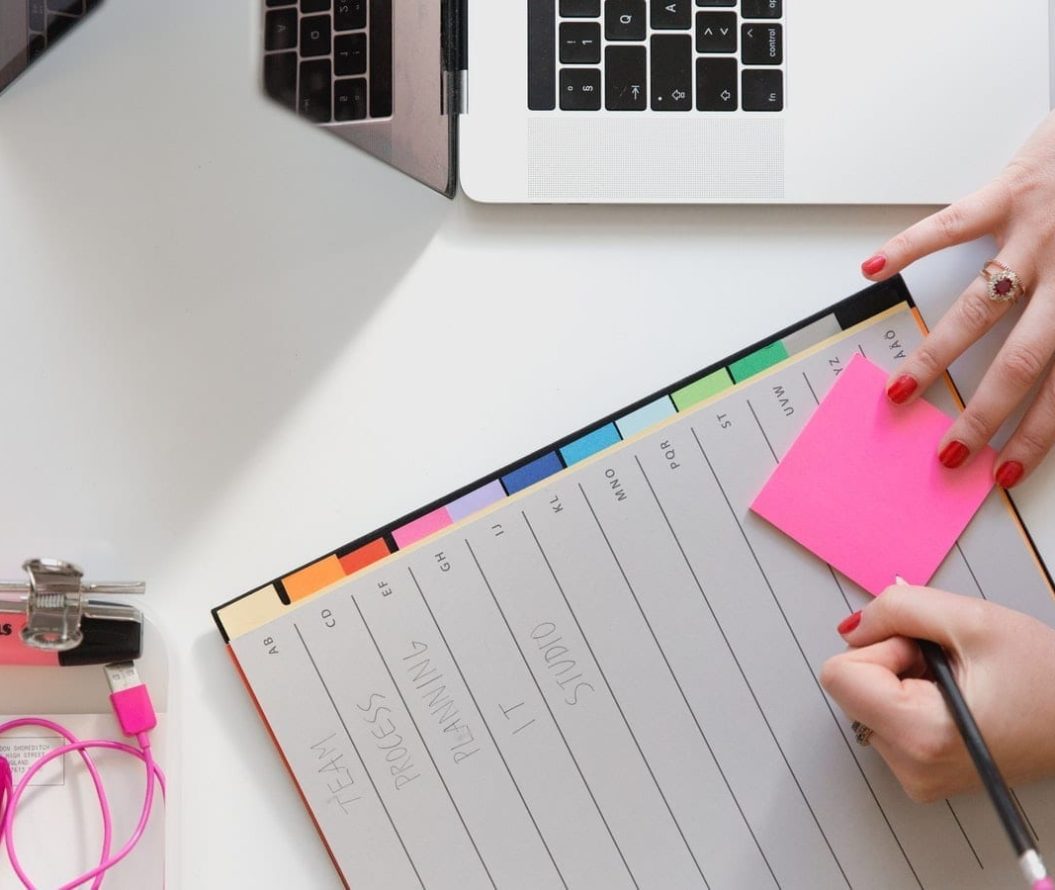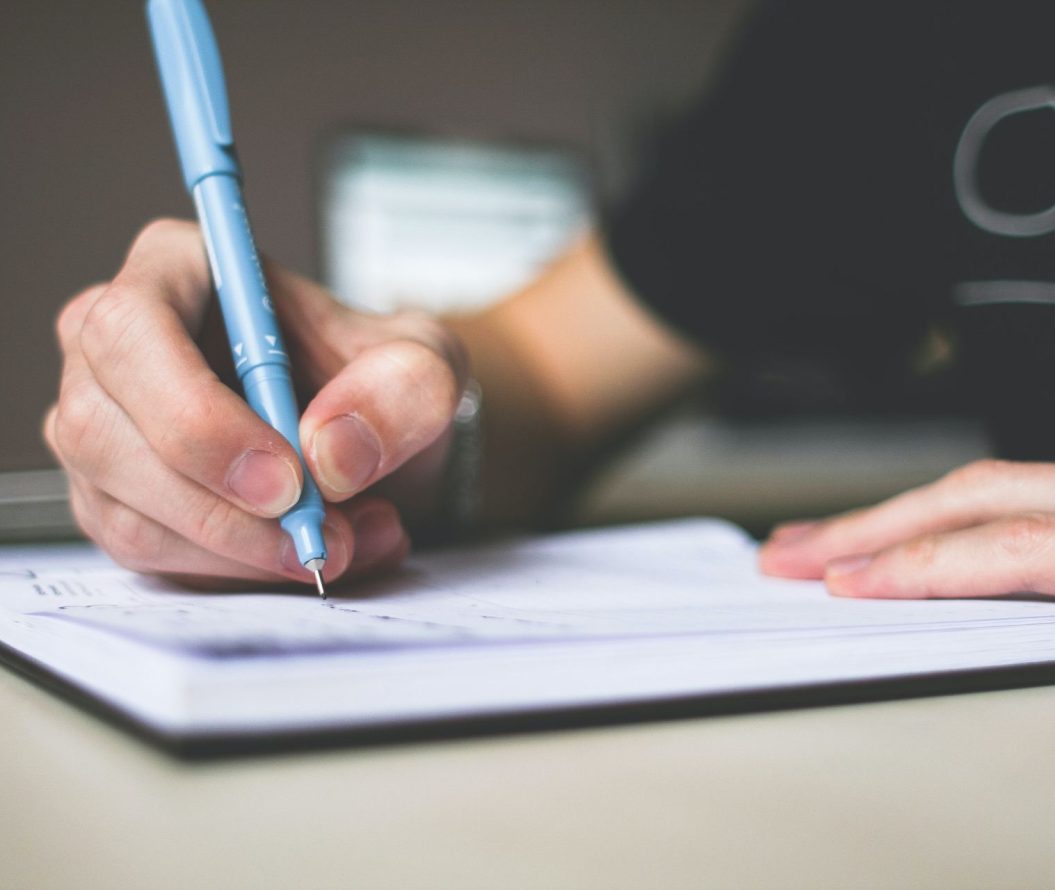
Don’t make these mistakes when preparing for your exams
Everyone’s got their own pre-exam rituals, from wearing lucky underwear (apparently far more common than you’d think) to accepting that their place in the universe won’t be forever altered if this exam doesn’t go the way they want. If you don’t have any underwear that’s particularly close to your heart and don’t feel like giving up just yet, then here are some of the things you should start doing when it comes to preparing for exams.
Go easy on the highlighter
Yes, the humble highlighter is the first thing I reach for. When you’re going over some tricky notes, highlighting half the page in florescent yellow, green and pink can often be one of the few things you’re confident in doing. But, it isn’t helping as much as you want it to.
Most obviously, you’ll waste time colouring in when you could be learning, but you’ll also likely separate concepts by colour. This can lead to a less than thorough understanding of the ‘big picture’, sort of like trying to understand politics by reading Facebook comments on a political meme. If you must highlight, stick to short sections, like definitions or key words.
Stop summarising what you’ve read
After finishing a 40-page chapter, you may want to take a bit of a breather and write a summary of what you’ve read so far. Surprisingly though, this is generally quite unhelpful. What you should be doing instead is testing yourself and trying to claw back some of the information that your brain just took in – which is quite similar but involves more hard work. Hey, no one said this would be easy.
Get enough sleep (for once in your exhausted, stressed out life)
It’s almost midnight and you’ve only got a bit of exam prep to go. Many students at this point will power through and sacrifice a couple hours of sleep to finish their work.
Unfortunately, this is seriously counterproductive. Studies have shown that revising into the early hours of the morning doesn’t work as it leaves your brain far less capable of dealing with the next day. Try and start work earlier or maintain a study schedule – just don’t sacrifice sleep.
Put your phone away
Seriously, put it away. Hide it behind your laptop or under your notes. Stick it in the fridge. Glue it to the ceiling. The damn thing’s probably the number one way you’ll end up procrastinating (speaking from personal experience here). So, it doesn’t matter where it goes as long as it’s not next to you. Out of sight, out of mind. Unless you’re using it to read this article, then I can totally understand.
Start early
I know, I know, you left studying until the night before your last exam and ended up with a decent grade. I’m not going to sit here and pretend like cramming never works, because I’ve done it too and survived. But unless you’re made of four leaf clovers and already a genius, starting your revision right before an exam will eventually catch you out. Just start earlier and spread your studying out – then whatever mark you would have received if you’d relied on cramming, will undoubtedly be higher.
This article is featured on Learning at Lincoln.
Please note: This content was created prior to Coronavirus, and some things might be different due to current laws and restrictions. Please refer to Government advice and the University of Lincoln for the latest information.
Gov link: https://www.gov.uk/coronavirus
Uni link: https://www.lincoln.ac.uk/home/coronavirus/
- Topics
- Exams
- Learning at Lincoln



